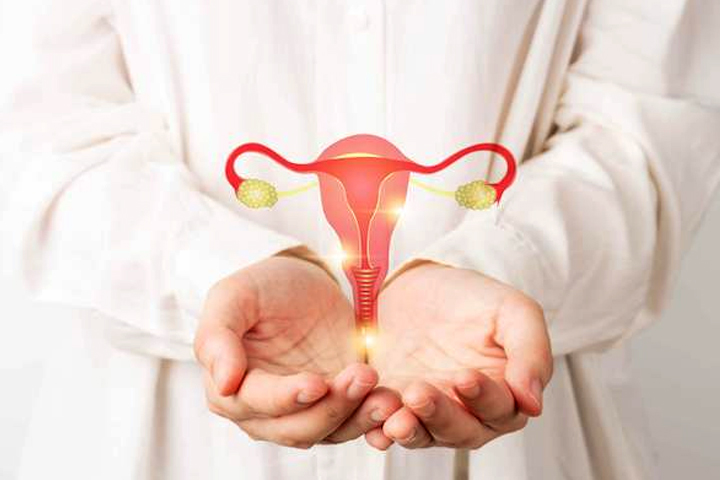
Advanced Endometriosis Surgery
Advanced endometriosis surgery refers to surgical procedures performed to treat severe or deep infiltrating endometriosis. Endometriosis is a condition in which the tissue that lines the uterus (endometrium) grows outside the uterus, often on the ovaries, fallopian tubes, and other pelvic structures. When endometriosis implants deeply infiltrate surrounding tissues and organs, it is considered advanced or stage IV endometriosis.
Advanced endometriosis can cause significant pain, fertility problems, and other complications. Surgery is often recommended when conservative treatments, such as medications or hormonal therapies, have not provided sufficient relief or when there are concerns about infertility due to endometriosis.
The surgical approach to advanced endometriosis varies depending on the extent and location of the endometriosis implants. Some common surgical techniques for treating advanced endometriosis include:
- Laparoscopic Surgery: Laparoscopy is a minimally invasive surgical approach where a laparoscope (a thin, lighted tube with a camera) is inserted through small incisions in the abdomen. This allows the surgeon to visualize the pelvic organs and perform precise surgical procedures. Laparoscopic surgery offers benefits such as smaller incisions, shorter recovery time, and reduced postoperative pain compared to traditional open surgery.
- Excision of Endometriosis: Excision surgery involves carefully cutting out or removing the endometriosis implants and any surrounding affected tissues. This technique aims to completely remove the endometriosis, which can improve pain and fertility outcomes.
- Adhesiolysis: Endometriosis can lead to the formation of adhesions (scar tissue) that can bind organs together, causing pain and affecting fertility. Adhesiolysis involves separating these adhesions and restoring the normal anatomy of the affected organs.
- Ovarian Cystectomy: When endometriosis involves ovarian cysts (endometriomas), a cystectomy may be performed to remove the cysts while preserving as much ovarian tissue as possible.
- Bowel and Bladder Surgery: In severe cases, endometriosis can affect the bowel or bladder. Surgical procedures may be required to remove endometriosis from these organs.
- Uterine Surgery: In some instances, endometriosis can affect the uterus and lead to adenomyosis, a condition where endometrial tissue grows into the muscular wall of the uterus. A surgical procedure called a hysterectomy may be considered for cases of severe adenomyosis or when fertility is no longer a concern.
It's important to note that advanced endometriosis surgery is complex and should be performed by a skilled and experienced gynecologic surgeon or a specialist in endometriosis surgery. The success of the surgery and the long-term outcomes depend on the surgeon's expertise in identifying and removing all endometriosis implants while preserving healthy tissues and organs.
After surgery, postoperative care and follow-up are crucial to monitor recovery, manage any potential complications, and address ongoing pain or fertility concerns.
As with any surgical procedure, there are risks associated with advanced endometriosis surgery, including bleeding, infection, organ injury, and possible recurrence of endometriosis in the future. Therefore, it's essential to have a thorough discussion with your healthcare provider to understand the benefits, risks, and expected outcomes of the surgery based on your individual condition and medical history.